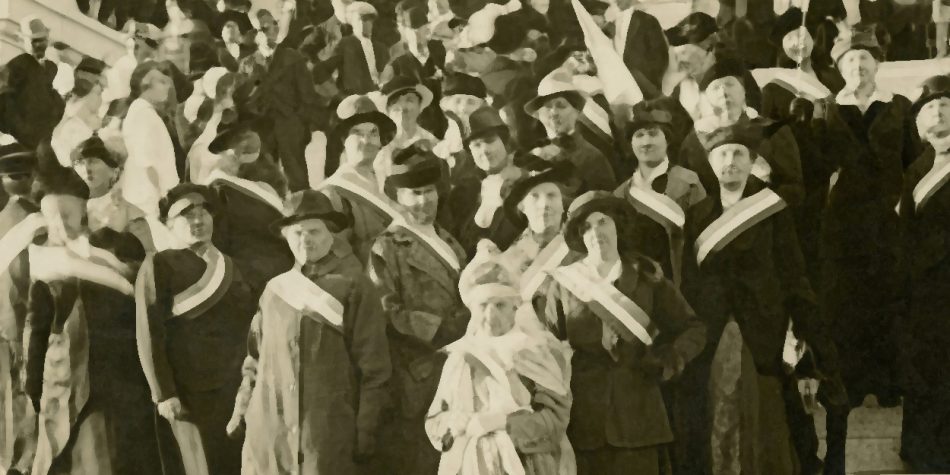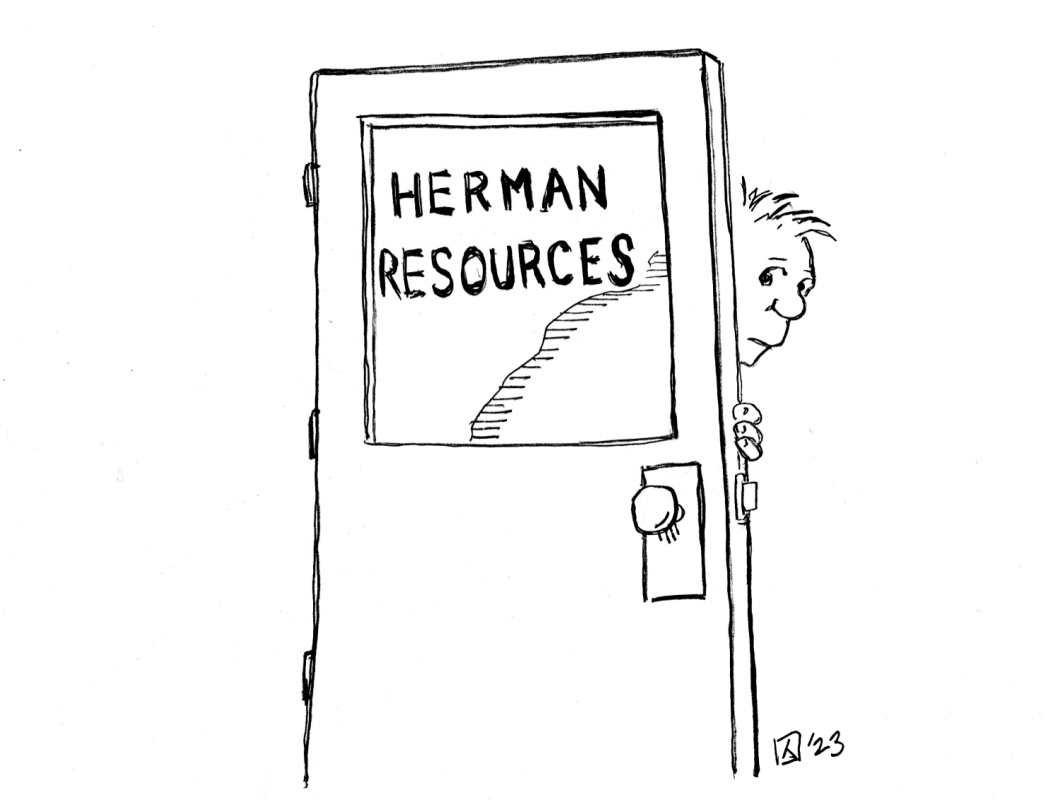With the recent change in control of the Virginia legislature, it’s almost certain that the state will ratify the Equal Rights Amendment. Meanwhile, in Utah, some are eager to have the Beehive State follow suit.
As a dyed-in-the-wool feminist, I have spent my scholarly career asserting that equality between men and women is the foundation of national security, prosperity, and stability. As a member of the Church of Jesus Christ, I am filled with admiration and gratitude for the pioneering strides made by the state of Utah in its early days, so ably chronicled by the BetterDays2020 project. The Utah Territory granted women the right to vote in 1870, and the new State of Utah did the same in 1896, making it only the third state to do so. In that same year, the Utah State Constitution was adopted, which stipulated, “Both male and female citizens of this State shall enjoy all civil, political and religious rights and privileges.”
So the Equal Rights Amendment (ERA) should be a slam dunk for me, right?
I’m still open-minded, but all of us who have lived through two decades of the 21st century now have a much healthier skepticism concerning the simple and seemingly straightforward solutions of earlier years being applied to the complex problems of today.
The simple solution of financial industry deregulation in the 1980s was obscenely gamed, setting our country up for the Great Recession of 2008. The straightforward HIPAA legislation intended to safeguard our privacy did not anticipate the day that it would be used as legal cover for Google to hoover up the personal health histories of hundreds of millions of Americans. We’re hopefully savvier now at the beginning of the 2020s; we understand that the simple solutions of earlier decades may not anticipate the complexities of later decades.
As a woman, I’m hypervigilant about those questions because across the sweep of human history, the one group that has most often seen its rights thrown under the bus is women. For example, as an international relations scholar, I was not surprised at all that the “Arab Spring” of 2011 turned out to be wintertime specifically for women, who found their rights and their safety rolled back in nearly every nation that rose up against its dictators (with the possible exception of Tunisia). And as a person who concurs with The Church of Jesus Christ of Latter-day Saints’ more nuanced view on abortion (i.e., there are some circumstances under which women should have access to abortion services, but that these circumstances are limited in scope), I have witnessed the attempted abolition of all abortion services in my state of residence, Texas, on the grounds of “safeguarding women’s health.”
So count me as one of those women who—when told that a nearly century-old, one-line solution will solve the complex problems facing American women today—feels to raise an eyebrow and inquire, how might this be gamed, and who will get the short end of the stick when it is?
How might this be gamed, and who will get the short end of the stick when it is?
I’d like the sentence that the ERA proposes to add to the Bill of Rights—“Equality of rights under the law shall not be denied or abridged by the United States or by any state on account of sex”—comprehensively vetted by legal scholars across the political spectrum, with a full public discussion of their opinions.
When it’s suggested that “we” can legally disregard the ERA’s sunset clause, ignore the several un-ratifications by states that rescinded theirs, and call it one and done with the new ERA-friendly Virginia legislature, my female hypervigilance kicks in.
Why the rush? And who’s being given the rush? Is it women?
I’m no lawyer, so I’m not going to attempt that vetting here. But there are at least two aspects of how the ERA could be gamed that trouble me. I’m happy to be reassured on those points by those who have the expertise to address them, but please don’t tell me I’m somehow ignorant or anti-feminist for having concerns; I’m a feminist political scientist, after all.
First of those two points: what does “sex” mean in the ERA amendment in 2019? I am sure Alice Paul wasn’t thinking about that question in 1923 when she first proposed the amendment, and I am sure Richard Nixon wasn’t thinking about that question when he publicly endorsed the ERA in 1968 as a presidential candidate. But it’s a timely question today, because now—according to the proposed Equality Act—the word “sex” in every piece of federal legislation must be replaced with the phrase “sex (including sexual orientation and gender identity).”
So if we amended the Constitution using the word “sex,” and the Equality Act were to one day pass the Senate (the House has already approved it) and become law, would we legally interpret the ERA to say “Equality of rights under the law shall not be denied or abridged by the United States or by any state on account of sex (including sexual orientation and gender identity)”?
Please don’t tell me I’m somehow ignorant or anti-feminist for having concerns; I’m a feminist political scientist, after all.
To say that there is vibrant disagreement in the US today over whether that legal interpretation would help or utterly decimate the cause of biological women is an understatement. We women have already discovered that if our sex-based rights are in conflict with the rights of others based on gender identity, we are too often thrown under the bus. Does the Equality Act turn the ERA into a Trojan horse for women, actually serving to erase them completely within the US constitution itself?
Second, it is widely agreed that the ERA would make any future imposition of a military draft impossible. That may or may not be a good thing—there are persuasive arguments on both sides. But if there is no appetite for drafting women aged 18-24 into the infantry—and indeed, I would argue that would actually represent a deepened form of misogyny and discrimination because women already give their lives for their country in a way men do not—then with the ERA amendment there is no longer any possible legal grounds for a male-only draft in wartime. I’d like to see a full public discussion of whether that is what the United States desires and intends, and that discussion should include military professionals.
At the end of the day, when you pick up one end of the stick, you pick up the other. So let’s study what we’re proposing to pick up, in its entirety.
The state of Utah is a unique place for such study to take place, in great measure because the values of the Church of Jesus Christ still carry weight among many voters. This dialogue has already produced non-simplistic solutions to today’s complex problems, such as we saw with the Utah Compromise which holds forth a nuanced approach to competing foundational principles—equal protection and religious freedom. We’ve also seen the Church of Jesus Christ helpfully ask for a balanced approach on legislative issues such as immigration, medical marijuana, and restrictions on psychological practice.
Now is the time, I argue, for the Utah Clarification of the ERA. Now is the time for persons of good will in the state of Utah to ask the hard questions about the ERA, about how its terms are to be defined, and about its probable consequences for a wide variety of issues. Utah is the place that could happen—the state that proudly claims Emmeline B. Wells and Martha Hughes Cannon as its foremothers.

















